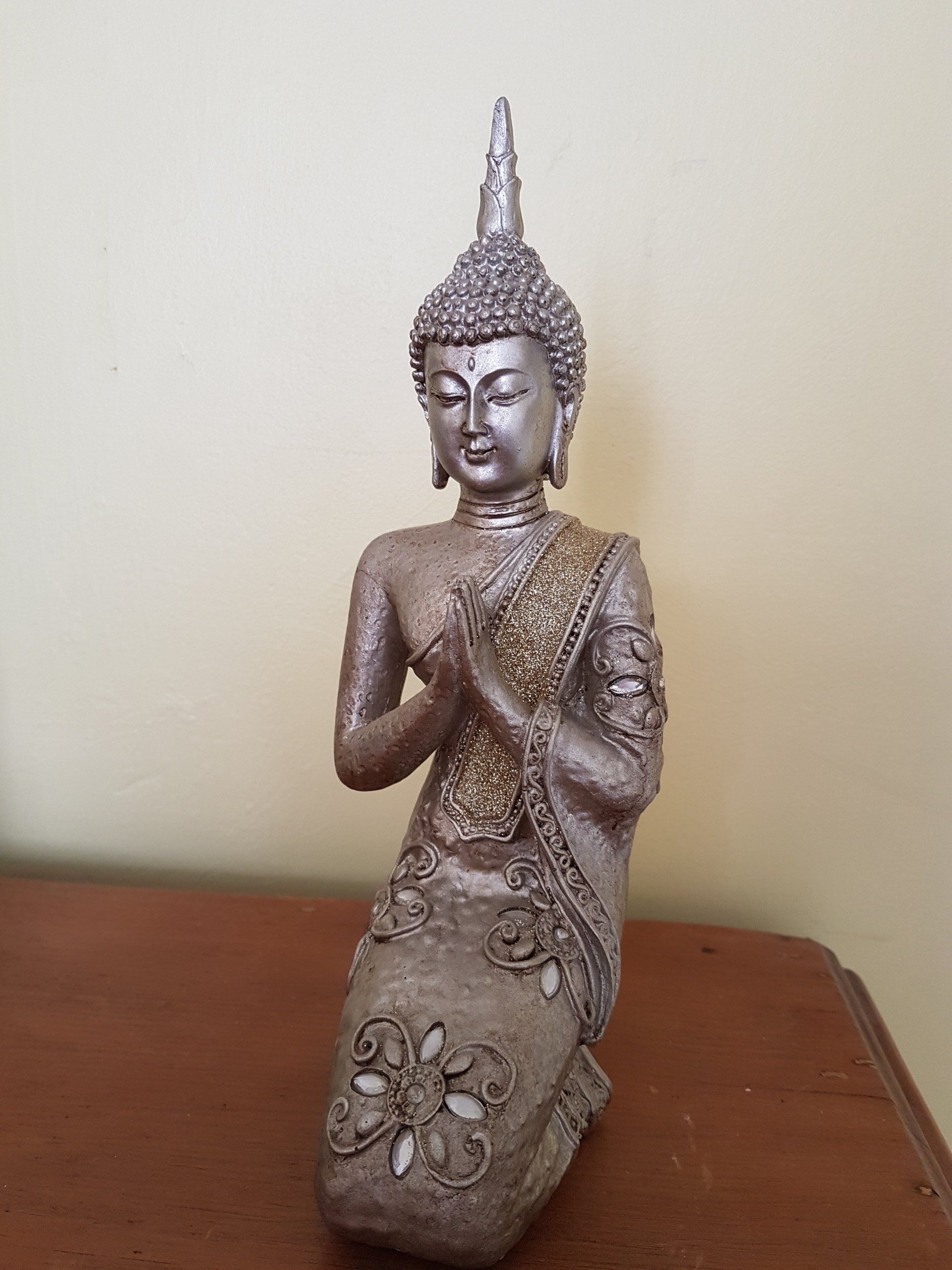Person Centred Therapy
Person Centred Therapy
Pour plus d'informations, téléphonez-nous au ( 44) 08454670612 ou ( 44) 07593809574 ou envoyez-nous un e-mail
La thérapie centrée sur la personne, également connue sous le nom de counseling centré sur la personne, utilise une approche sans autorité qui permet aux clients de prendre davantage la tête des discussions afin que, dans le processus, ils découvrent leurs propres solutions. Le thérapeute agit comme un facilitateur compatissant, écoutant sans jugement et reconnaissant l'expérience du client sans déplacer la conversation dans une autre direction. Le thérapeute est là pour encourager et soutenir le client et pour guider le processus thérapeutique sans interrompre ou interférer avec le processus de découverte de soi du client.
What is Person Centred Counselling?
What is Person Centred Counselling?
Le counseling axé sur la personne est né de l'humanisme et part du principe que nous avons tous la capacité d'évoluer vers une manière d'être et de vivre nos vies plus épanouissante et satisfaisante. Dans l'approche centrée sur la personne, le conseiller fait confiance au client pour trouver ses propres réponses et directives. Le conseiller est un compagnon de voyage sur le parcours du client, aidant le client à comprendre comment ils interagissent avec le monde et les aidant à développer une plus grande conscience de soi dans un environnement (physiquement et psychologiquement) sûr. Les qualités essentielles nécessaires pour créer cet environnement sont l'empathie, l'acceptation et la congruence. Ces conditions essentielles sont au cœur de l'approche centrée sur la personne.
Comment ça fonctionne
Person centred therapy, also known as Rogerian therapy, originated in the work of the American psychologist, Carl Rogers, who believed that everyone is different and, therefore, everyone’s view of his or her own world, and ability to manage it, should be trusted. Rogers believed that all of us have the power to find the best solutions for ourselves and make appropriate changes in our lives. Person-centred therapy was a movement away from the therapist’s traditional role—as an expert and leader—toward a process that allows clients to use their own understanding of their experiences as a platform for healing. The success of person centred therapy relies on three conditions:
- Unconditional positive regard, which means therapists must be empathic and non-judgemental to convey their feelings of understanding, trust, and confidence that encourage their clients to make their own decisions and choices
- Empathetic understanding, which means therapists completely understand and accept their clients’ thoughts and feelings
- Congruence, which means therapists carry no air of authority or professional superiority but, instead, present a true and accessible self that clients can see is honest and transparent.














